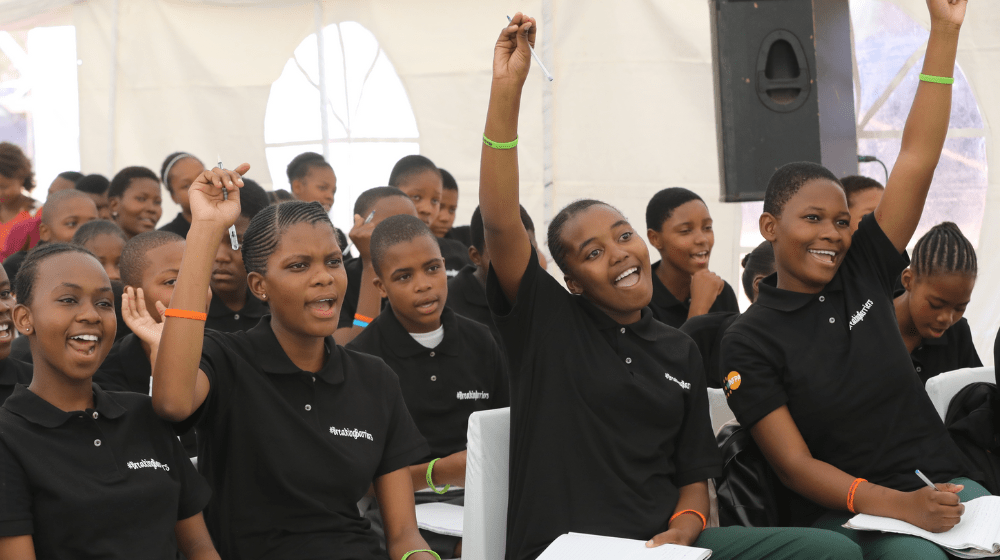Statement by UNFPA Executive Director Dr. Natalia Kanem on the International Day of the Girl 2023
Every girl is born with boundless potential – to learn and thrive, to lead, inspire and change the world.
Today, on the International Day of the Girl, we celebrate the infinite possibilities of the world’s 600 million adolescent girls. They represent a generation of innovation and action, leading calls for justice and a world that works for all.
We must however act faster and more boldly so that every girl, wherever she is, grows up safe in the knowledge that her body is her own and her future is hers to chart, that she is able to go to school, access the health care she needs, and live free from violence.
Adolescence lays the foundation for successful adulthood. Yet child marriage, adolescent pregnancy, and gender-based violence derail the lives of far too many girls. Increased, targeted investments in sexual and reproductive health services and comprehensive sexuality education equips adolescent girls with the tools to make informed decisions about their bodies and lives, and empowers them as agents of change and future leaders.
UNFPA works hand-in-hand with partners to support adolescent girls in forging a healthier, brighter future. Together with the World Bank and UNICEF, for example, UNFPA is scaling up interventions in 22 countries to end child marriage, and provide vocational training, education and reproductive health services for girls.
Interventions like the Bangladeshi Association for Life Skills, Income, and Knowledge for Adolescents project have proven successful: One third of participating girls were less likely to marry after learning about their rights, gender equality and life skills as part of this community-based initiative. Activities like these are transforming individual lives and communities and need to be expanded.
The benefits of ending child marriage extend beyond safeguarding health and human rights. The better educational outcomes that follow provide girls with the opportunity to obtain jobs in the formal economy and make a more productive contribution to their households.
With an additional $35 billion in investments to reduce child marriage, including substantial funding for secondary education, around 58 million child marriages would be averted by 2030.
As we approach the 2030 deadline for the Sustainable Development Goals, let us redouble our efforts to ensure that every adolescent girl, in all her diversity, can exercise her rights and choices, realize her fullest potential, and build the future she envisions for herself. Let’s knock down the barriers between her and that better future - and let her lead the way.


